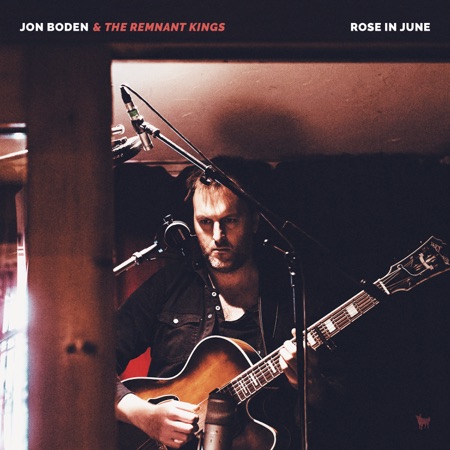Jon simply introduces this with “Farewell to May with a favourite from the Coppers. Not long to go now!”
We’ll return to the latter point soon enough!! But have you enjoyed May? I know I have. I thought April was great and was a little concerned when checking we had the correct recordings in place for this month that everything was starting with “As I walked out one May morning…” My concerns proved ill founded as I think there have been a majority of great songs. And here’s another. We’ll ignore the young lass’ myopia as this is another common plot motif and give credit to the Coppers, who seem to be the main source of this. You can see at Mainly Norfolk that both The Young Tradition and Shirley Collins are quick to sing their praises. I’ll also refer you here where there is a list of the many broadside versions. Should you fancy it, there’s a world of Mudcat distraction to finish off the month, with a raging debate about the location of Claudy Banks. Ireland seems most likely, although there’s quite a convincing argument towards the end that it’s Caldy on the banks of the River Dee in Cheshire. The chronology of the broadsides seems to fit the argument and it’s always possible that it started life in England and moved to Ireland, or indeed the other way round. I don’t suppose it’s much to the detriment of the enjoyment, either way, but I do love chasing these songs around to see what we can learn.





